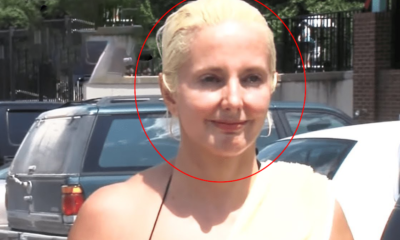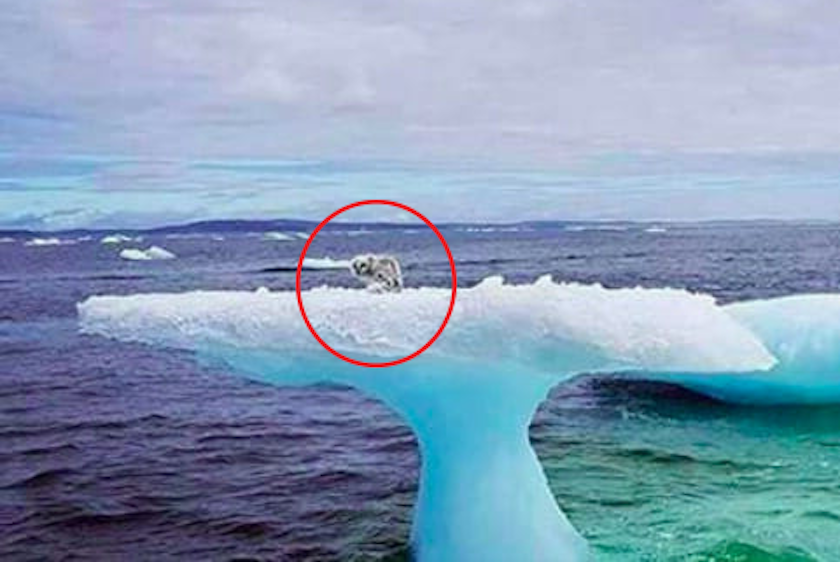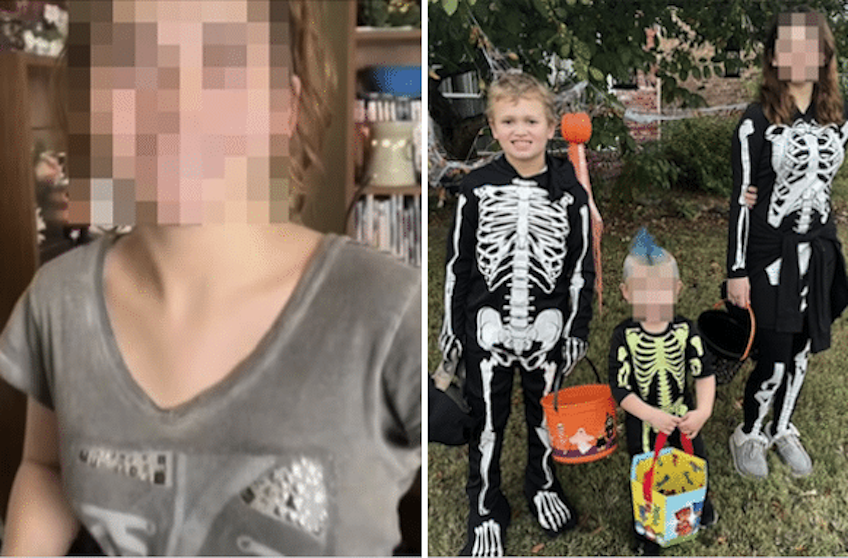METRO
Woman mourned the death of her husband at his funeral ‘only to find him at her doorstep 4 days later’!

Continue Reading
METRO
Your Cooking Gas Can Last Long With These Simple Methods, Apply The Steps Below
METRO
Fishermen saw something odd stuck on an iceberg, soon realized the unimaginable truth!
METRO
Sister killed her younger brother and will probably won’t spend a day in jail, but their mother shared the ‘signs’ she saw just two weeks prior!
-

 SPORTS10 months ago
SPORTS10 months agoItalian Athletes Set for Exciting Olympic Day: Highlights of August 3rd Competitions
-

 IN-THE-NEWS10 months ago
IN-THE-NEWS10 months agoActress Osas Ighodaro Flaunts Banging Body In Stunning Photos
-

 IN-THE-NEWS11 months ago
IN-THE-NEWS11 months agoBREAKING: With Akpabio’s Influence, Senate Grants Tinubu Power To Implement 2023 Budget For Two Years As Reps Kick
-

 IN-THE-NEWS6 months ago
IN-THE-NEWS6 months agoЖұлдыз Әбдікәрімованың сән апталығындағы образы сынға қалды
-

 METRO10 months ago
METRO10 months agoMom booted from water park ‘because all the men can’t stop staring’!
-

 IN-THE-NEWS10 months ago
IN-THE-NEWS10 months agoTroops And Amotekun Rescue Abducted Abuja-bound Passengers In Ondo Forest
-

 SPORTS11 months ago
SPORTS11 months agoFavorites, French chances, record… the 2024 edition in ten questions
-

 IN-THE-NEWS6 months ago
IN-THE-NEWS6 months agoАқтөбеде полицейді Lexus көлігінің капотында сүйреген экс-депутаттың келіні сотталды



